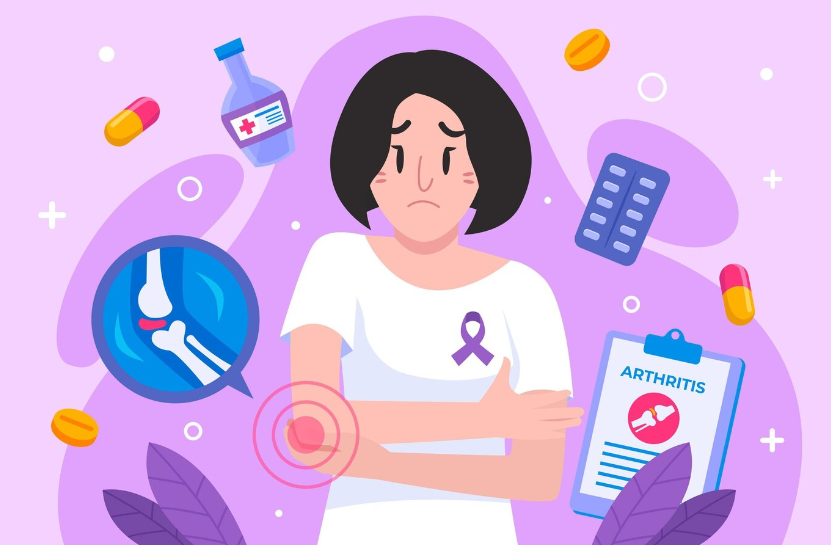
Managing Lupus Symptoms: Medications and Therapies Explained
Introduction: Living with lupus can present various challenges due to its unpredictable nature and diverse symptoms. Fortunately, there are several treatments available to help manage the symptoms and improve quality of life. In this blog, we’ll explore the medications and therapies commonly used to treat lupus.
Medications for Lupus:
- Nonsteroidal Anti-Inflammatory Drugs (NSAIDs): These medications, such as ibuprofen and naproxen, help reduce inflammation and alleviate pain caused by lupus.
- Antimalarial Drugs: Drugs like hydroxychloroquine are often prescribed to control lupus symptoms, including joint pain, skin rashes, and fatigue.
- Corticosteroids: Prednisone and other corticosteroids help suppress the immune system and reduce inflammation in lupus flare-ups. However, long-term use can lead to side effects.
- Immunosuppressants: These medications, including methotrexate and azathioprine, work by suppressing the immune system to prevent it from attacking healthy tissues in the body.
- Biologics: Biologic drugs, such as belimumab, target specific components of the immune system involved in lupus.
Therapies for Lupus:
- Physical Therapy: Physical therapy can help improve muscle strength, joint mobility, and overall physical function in people with lupus.
- Occupational Therapy: Occupational therapists provide strategies to manage daily activities and reduce joint strain for individuals with lupus.
- Counseling and Support Groups: Counseling can help individuals cope with the emotional impact of lupus, while support groups offer a sense of community and shared experiences.
- Lifestyle Modifications: Making healthy lifestyle choices, such as getting regular exercise, maintaining a balanced diet, and managing stress, can help manage lupus symptoms.
Conclusion: While there is no cure for lupus, various medications and therapies can effectively manage symptoms and improve quality of life for those living with the condition. By working closely with healthcare providers and incorporating these treatments into daily life, individuals with lupus can better manage their condition and enjoy a fulfilling life.
To seek medical advice, always consult a Doctor. Here are our recommended experts. Click Here
To read more on Lupus. Click Here


